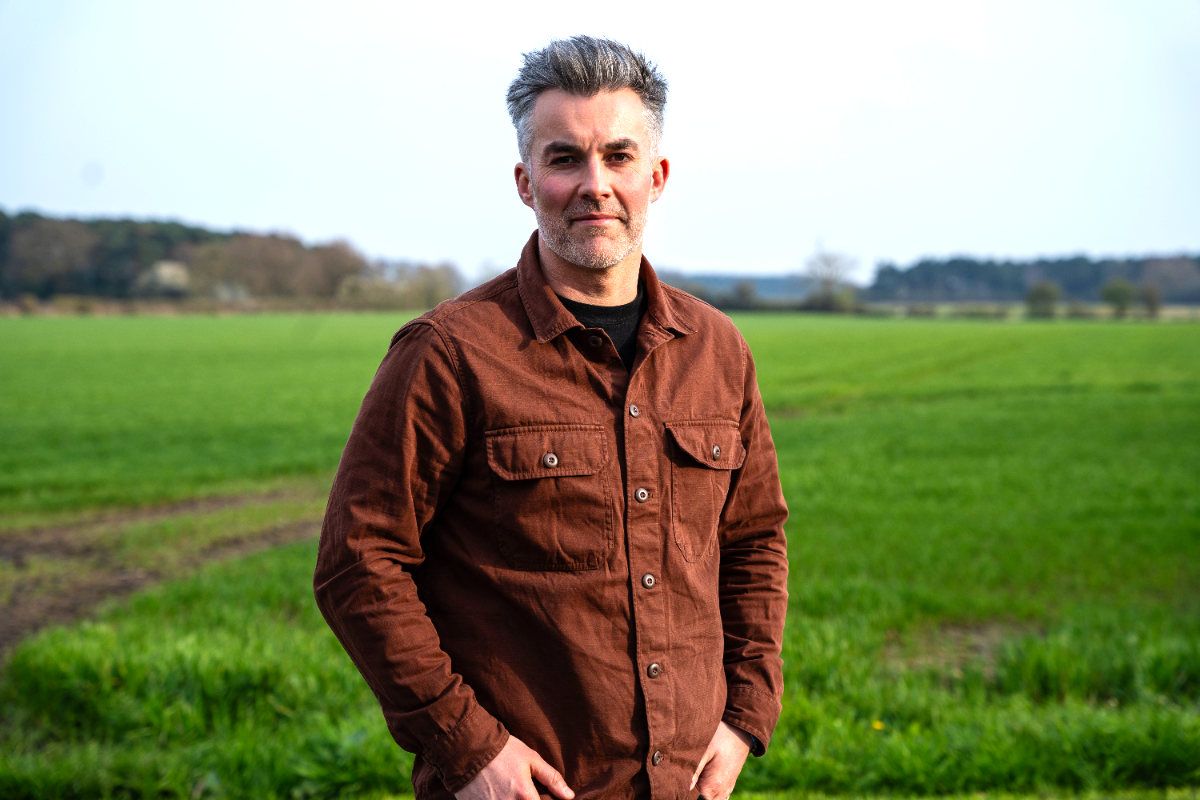
David Skaith, Mayor of York and North Yorkshire, is reflecting on his first year in office, highlighting efforts to attract investment and bring powers to the region.
Elected 12 months ago as the first mayor for the region, Mr Skaith leads one of the first combined authorities to be established away from a core city region.
Mayor Skaith says a significant focus during the first year has been on communities that have historically felt neglected.
"It's been a huge opportunity for me and the region really to emphasize how important York and North Yorkshire is.
Being able to Drive that extra investment, drive that extra money, bring those extra powers into our region has been key. We know particularly a lot of rural and coastal communities have been overlooked for a long time.
So to have that emphasis is really exciting. And I think going forward now when we look at other combined authorities coming forward from this week onward, that emphasis into rural and coastal communities is only going be increased.
And us being a year ahead of those other areas, working with government closely to understand how you grow economies, how you build houses, how you develop transport strategies away from a core city region is going be key. And the fact we've already started to do that really puts us in a good footing heading forward."
Establishing the combined authority has presented unique challenges compared to long-established bodies based around major cities like West Yorkshire or South Yorkshire or Manchester. Mr Skaith acknowledged that it is "difficult" and involves "building almost from scratch," particularly in getting different government departments to understand how to operate away from a core city region.
"It is difficult, but you've gotta remember in terms of scale compared to places like a West Yorkshire, south Yorkshire, or Manchester, a lot of these Combined Authorities have been going for a very long time and are very well established. And we are obviously brand new and we are building almost from scratch.
Getting government and different departments to understand how you do things away from a core city region. It's very different and very difficult.
But we've managed to get some really good money out the door already. We are very confident going to the spending review that's going be coming in June about getting those long-term settlements, particularly into housing and transport, which are key areas for us.
We've already got extra money into highway maintenance, for example, which we wouldn't have had. We've got the 10 million pound trailblazer which other areas didn't get. And going forward we are hoping to get those long-term settlements so we can get those long-term investments that our region really needs."
Sitting at his desk after a day of meetings, David Skaith mulls over how he feels about his year as York and North Yorkshire’s mayor.
After talking about what he sees as his accomplishments, challenges he has faced and comparisons to his mayoral counterparts, he says: “I feel like I’m still finding my feet.”
The feeling seems borne out of holding a role that is as broad and diverse as the patch it covers, which happens to be one of the country’s largest administrative areas.
Mr Skaith says that even the idea of being a political operator does not come naturally to him.
“I’ve been told that being a mayor is more like being a chief executive, you’re not working in isolation and you’ve got to get things done.”
The business comparison is apt given that until May 2024 the now 39-year-old was running the Winston’s of York clothing store in York.
But his election victory that month, won with a roughly 15,000 majority, thrust him into the political leadership of the newly-minted York and North Yorkshire Combined Authority.
The result in an area home to Conservative stongholds including former Prime Minister Rishi Sunak’s Richmond constituency foreshadowed Labour’s general election victory months later in July.
He is asked what motivated him to do it all in the first place, and shares his thoughts on the parts of politics he struggles with.
He says:
“We all have our reasons for wanting to do a job like this.
“As a mayor you get compared to other mayors, people look at someone like Andy Burham which is understandable as he’s a trusted voice, you see that in his election results.
“What I want to do is use my position to promote causes that I care about at a local and national level, things like men’s mental health, helping community organisations in areas that have been left behind and keeping our young people fit and healthy.
“When I was a small business owner I felt angry and frustrated about politics, but I never wanted to just sit around, I wanted to get involved and do something positive.
“I don’t enjoy the argy bargy of politics, it’s not constructive.
“I have to work with a Labour council in York and a Conservative one in North Yorkshire and I find that when we’re in meetings together the politics generally gets parked.
“What I find frustrating is other politicians who are in power in the region who didn’t make changes when they had chance who are complaining now.”
Mr Skaith’s passion about men’s mental health comes through during a meeting on action on the issue when he opens up about his own struggles.
It was through coming to terms with the death of his father Bob during the coronavirus pandemic in 2021 that he experienced difficulties with his mental health first hand.
He told the meeting opening up about his health and getting back involved with sports influenced how he wanted to use fitness and social activities to try and tackle the issue.
Losing his dad also inspired him to get into politics and he unsuccessfully stood as Labour’s candidate for York Council’s Wheldrake ward in May 2023’s local elections before becoming mayor.
Mr Skaith says he also draws on his experiences as a retailer after giving a speech at a Retail Crime Symposium.
He says his work to tackle both mental health, retail crime and to improve high streets through a £10m mayoral fund highlights the breath of his role.
“It’s allowed me to do so much more than I anticipated, they’re both issues I really wanted to focus on, alongside others like net zero and affordable housing and left-behind rural communities.
“But at the same time if we’re able to improve things like men’s mental health then that means more people are able to go to work, which improves the economy too.
“There’s also things I can help us to champion as a region like our farming, we can show the country how supporting agriculture can boost the economy and help us become more self-sufficient after Brexit and with the ongoing situation with world trade.”
Much has changed since Mr Skaith came to power and as he marks one year in office his party’s Government faces a major electoral test in May’s local elections.
Parties like Reform eye gains from Labour as it reels from backlashes over the cutting of the Winter Fuel Allowance and proposed changes to disability benefits.
The latter is close to home, with York and North Yorkshire piloting a £10m Inactivity Trailblazer aiming to adapt workplaces to get people with health issues back into jobs.
In a meeting with the York Disability Rights Forum, Mr Skaith was challenged over Government plans and asked to speak out against changes to benefits including Personal Independence Payments (PIP).
Forum representatives also said they believe the Inactivity Trialblazer will not work and it will only push more of them into poverty.
Mr Skaith tells LDRS about decisions he has found difficult as mayor but also defends his record and points to what he is most proud of.
“One of the hardest decisions I’ve had to take since coming into power was putting up the fire precept.
“It’s difficult having to ask the public for more money, but we’d had funds for the service frozen for three years and there wasn’t enough investment going into it.
“That resulted in a huge funding gap of £20m and we couldn’t get into a situation where we had stations closing.
“The extra funding from putting up the precept’s allowed us to make the service modern and fit for purpose, it’s a decision I’d take again.
“There’s challenges that are unique to our area like its rural geography, there’s places here that have been left behind.
“In my Budget I have money that I can use on issues that I care about, the High Street Fund and the £600,000 Community Buildings Programme are some of the things I’m proudest of.
“I’ve been able to visit of those projects already some of the money’s supported communities in places that have been ignored and overlooked forever.”




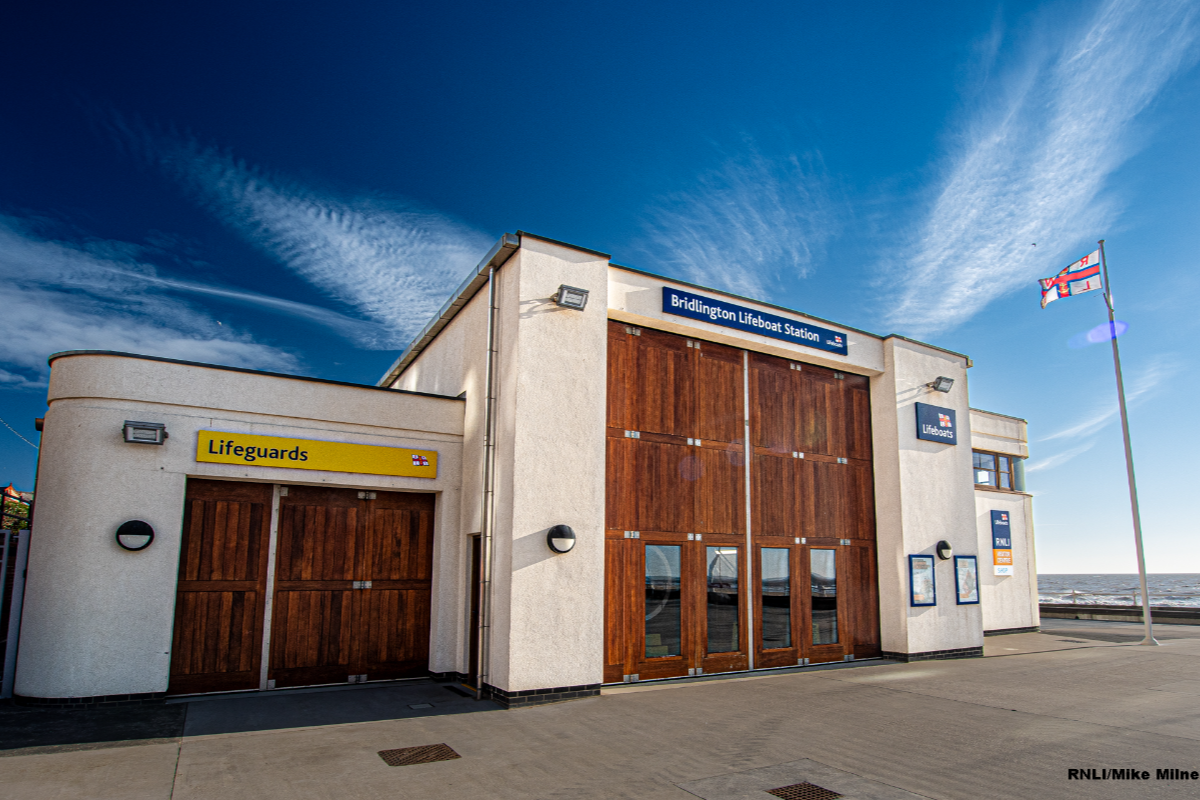 Bridlington RNLI Issues Safety Advice as Temperatures Continue to Rise
Bridlington RNLI Issues Safety Advice as Temperatures Continue to Rise
 Driffield Man Dies After Motorbike Collision
Driffield Man Dies After Motorbike Collision
 Whitby Defibrillator Project Seeks Ongoing Support for Town's Lifesaving Network
Whitby Defibrillator Project Seeks Ongoing Support for Town's Lifesaving Network
 Drone Footage Shows New Scarborough Artwork
Drone Footage Shows New Scarborough Artwork
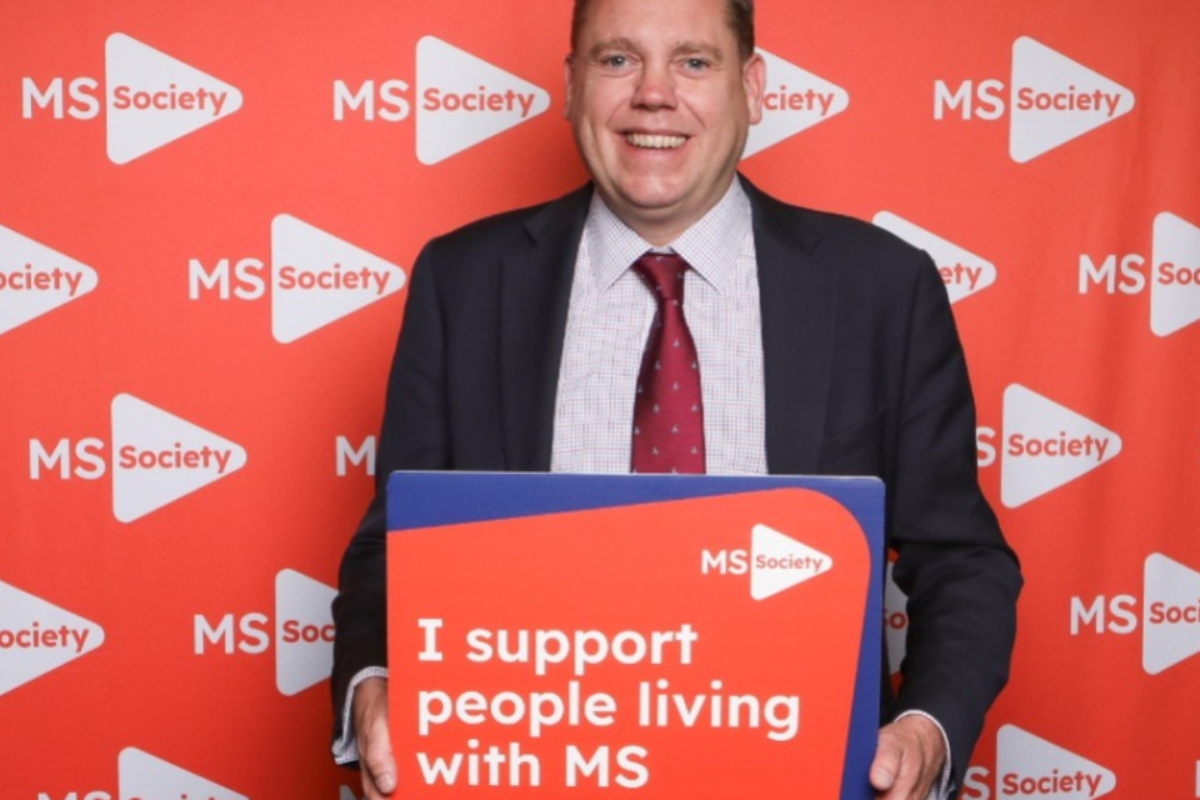 MP Commits to Speaking up for People Living with MS in Bridlington
MP Commits to Speaking up for People Living with MS in Bridlington
 East Yorkshire Prepares to Elect First Mayor
East Yorkshire Prepares to Elect First Mayor
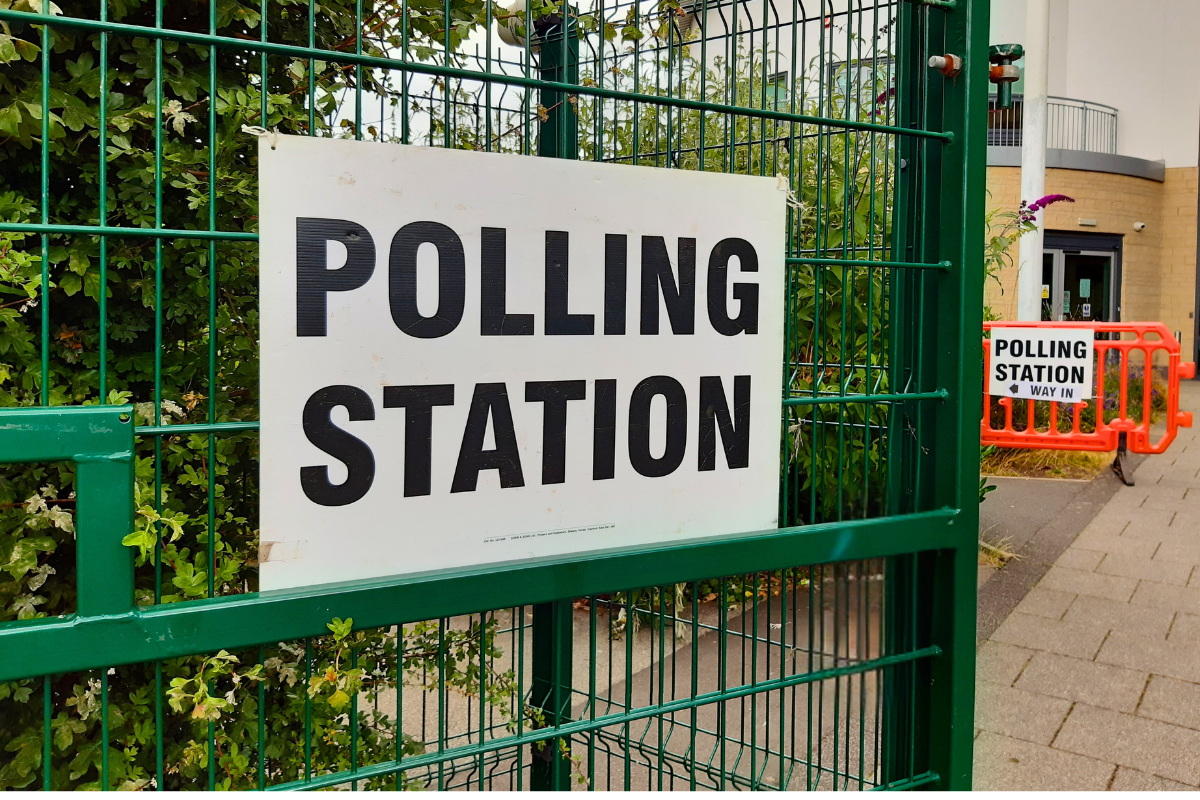 First Elections For Scarborough Town Council Take Place on Thursday
First Elections For Scarborough Town Council Take Place on Thursday
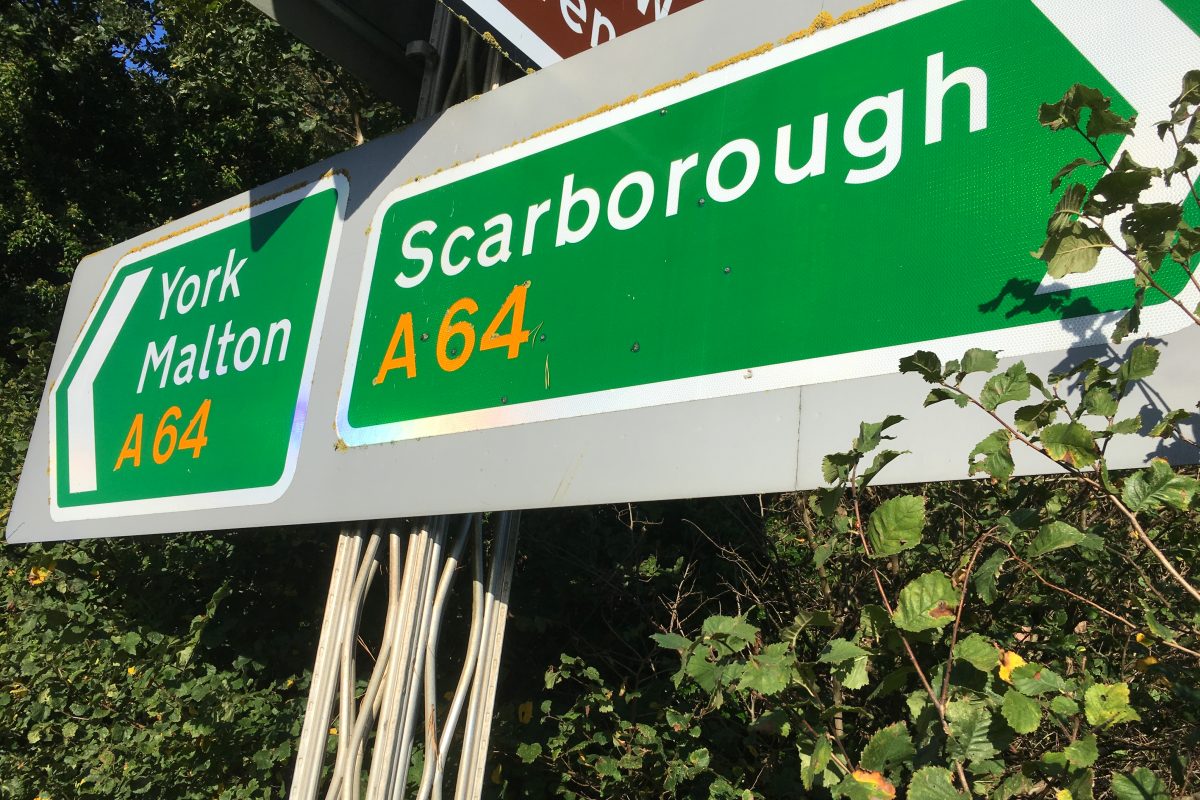 MPs Urge Government to Press Ahead with A64 Upgrade
MPs Urge Government to Press Ahead with A64 Upgrade
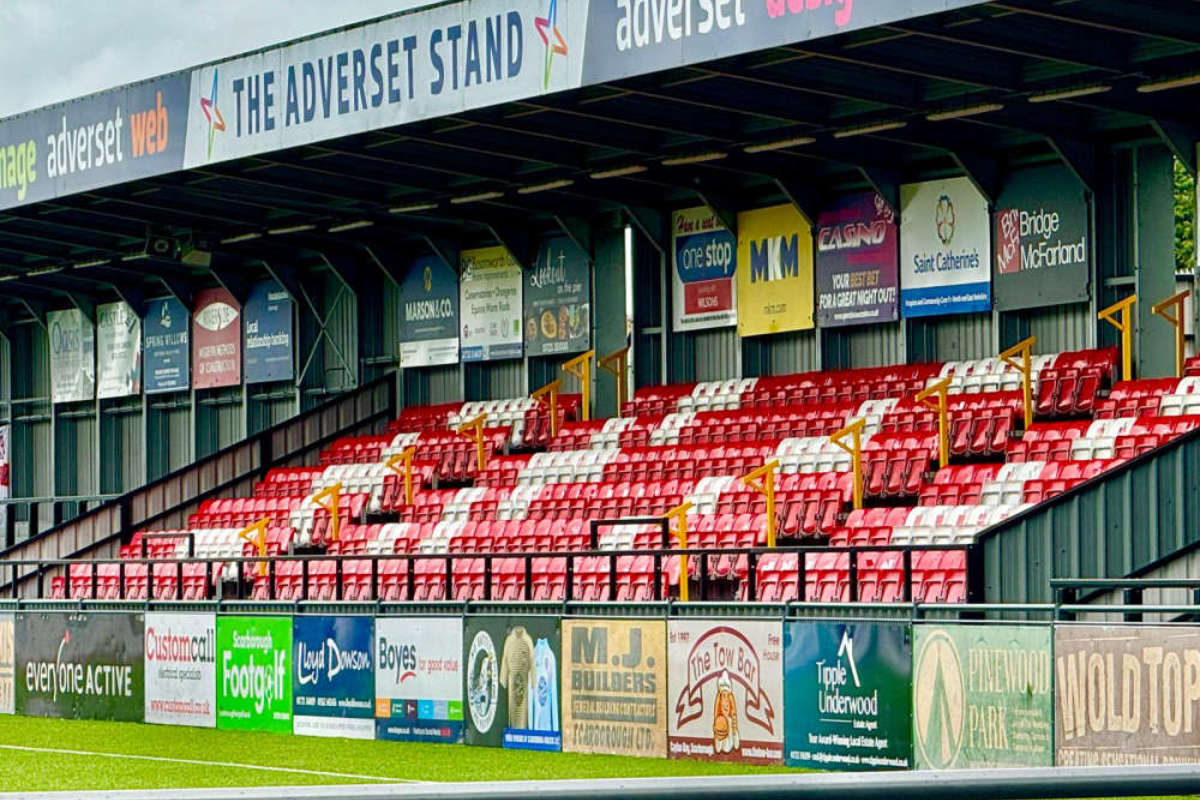 Mayor Offers Support to Scarborough Athletic Over Pitch Challenges
Mayor Offers Support to Scarborough Athletic Over Pitch Challenges
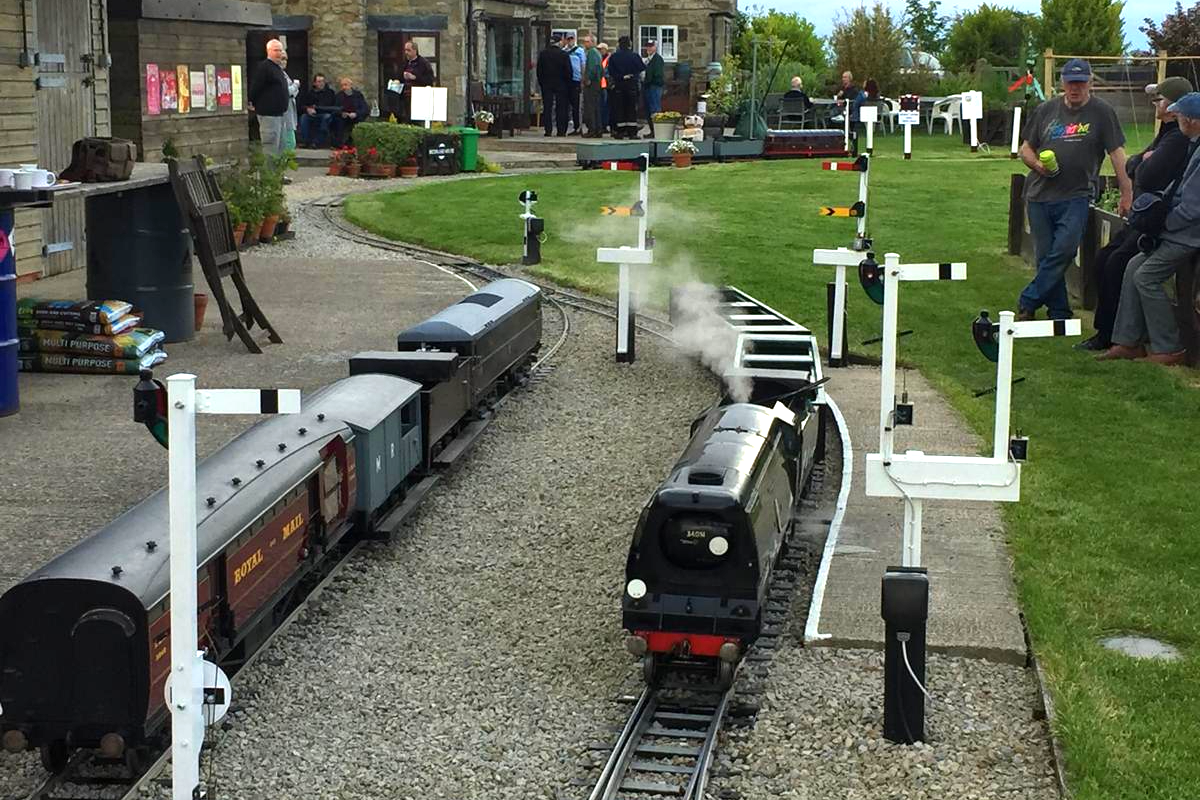 Winston Churchill to Appear at Staintondale Railway Charity Event
Winston Churchill to Appear at Staintondale Railway Charity Event
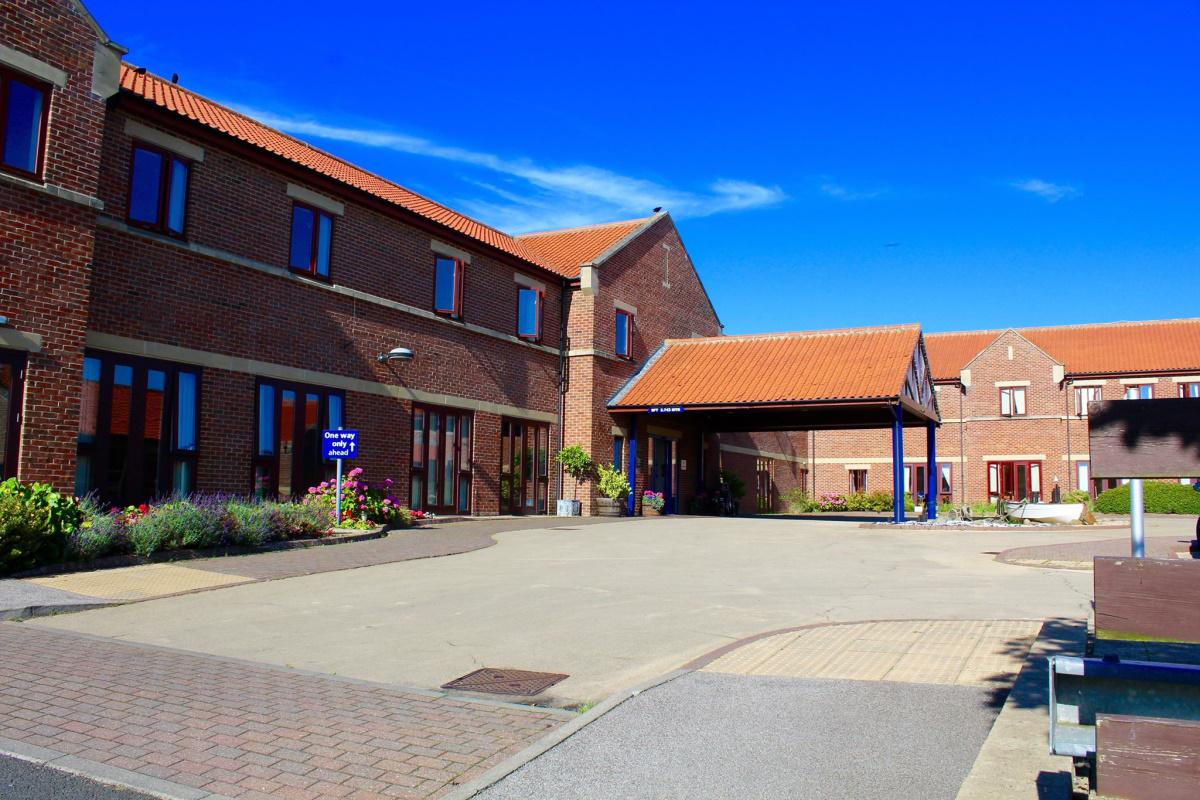 Saint Catherine’s Hospice Holds Special Open Day to Mark 40 Years and Showcase New Services
Saint Catherine’s Hospice Holds Special Open Day to Mark 40 Years and Showcase New Services
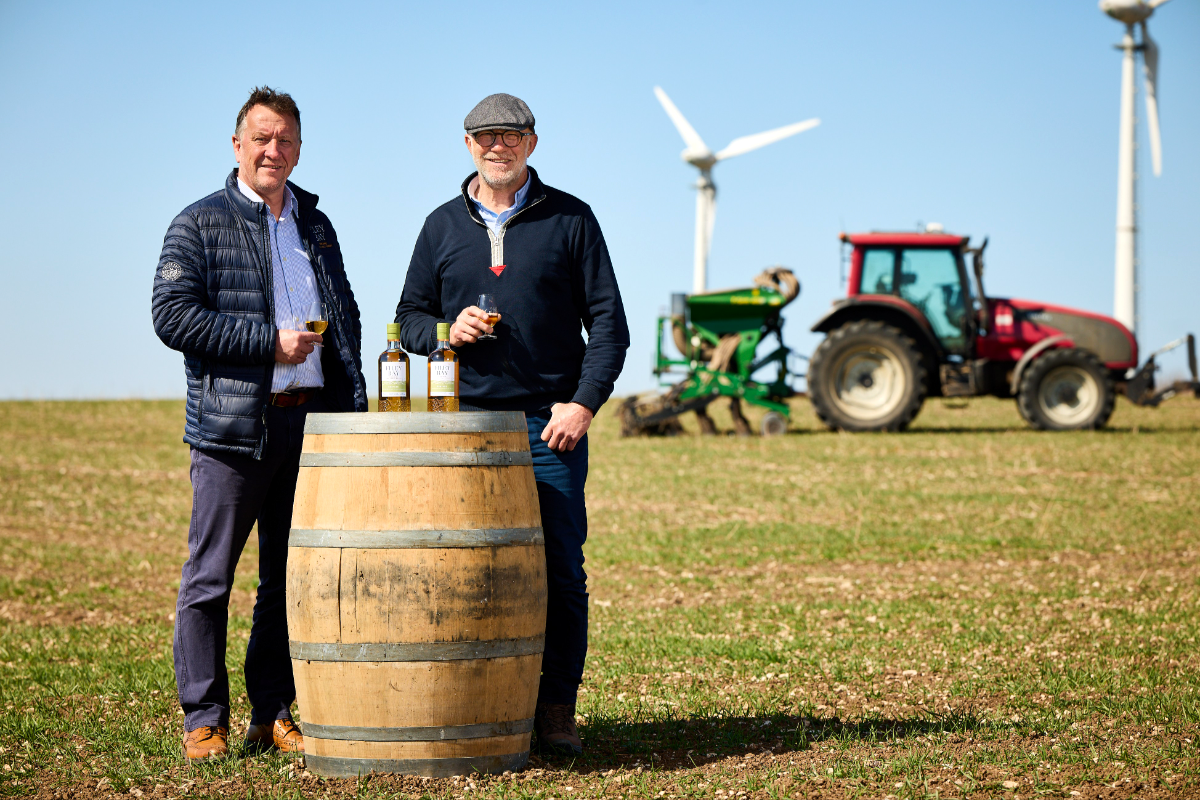 Yorkshire Coast Distillery Launches First National Supermarket Whisky, Celebrating Regenerative Farming
Yorkshire Coast Distillery Launches First National Supermarket Whisky, Celebrating Regenerative Farming








Comments
Add a comment